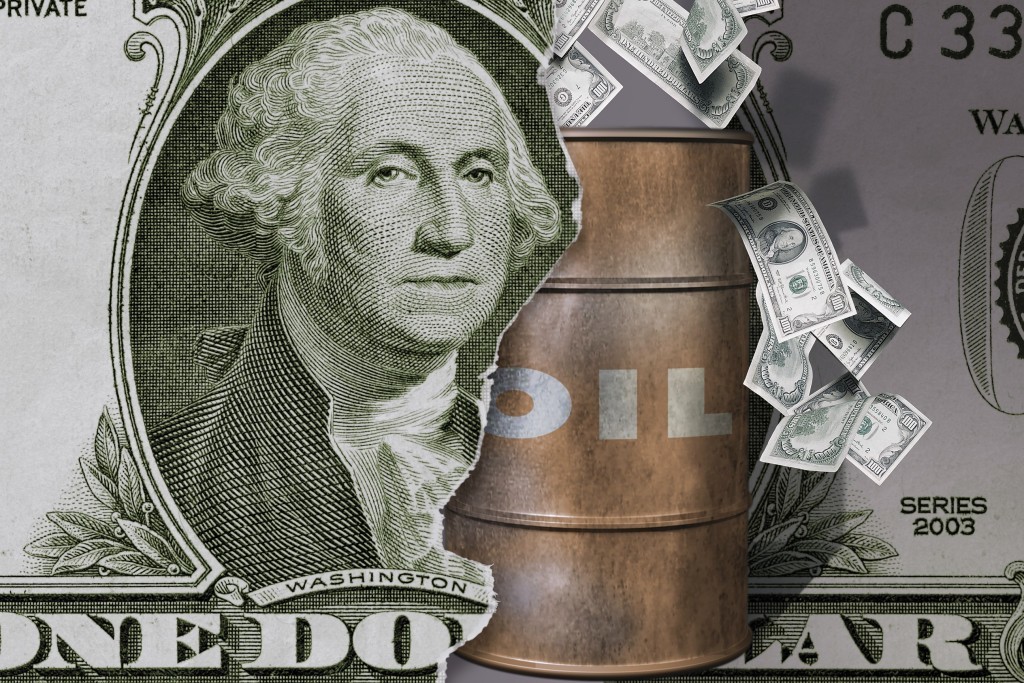
Brent held near $70 a barrel after Saudi Arabia intercepted multiple ballistic missiles fired by Houthi forces in Yemen.
Futures in London were little changed, after earlier rising as much as 0.9 percent on speculation a worsening of the situation with Yemen could lead to supply disruptions in the Middle East. That countered sentiment from last week, which saw the biggest drop in U.S. equity markets since January 2016 and a rising number of rigs being put to work in America.
Oil has risen in the past month as political risks mount. Last week’s price increase was the biggest since July as President Donald Trump appointed John Bolton as national security adviser, signaling the U.S. may take a harder line on OPEC producer Iran. At the same time, risky asset classes are also facing headwinds as proposed tariffs fan concerns about a global trade war.
“The overall picture here is that the oil price has held up quite well despite the setback we saw in equity markets last week,” says Jens Pedersen, senior analyst at Danske Bank A/S. “It will remove quite a bit of oil from the market if Iran’s exports are constrained again. We’ve been alert to this for the past six months or so at least, but it is popping up again.”
Brent for May settlement traded 9 cents higher at $70.54 a barrel on the London-based ICE Futures Europe exchange at 8 a.m. New York time. The contract advanced $1.54 to $70.45 on Friday, the highest level since late January. The benchmark’s May options contract expires Monday. Brent traded at a $4.70 premium to West Texas Intermediate crude.
WTI for May delivery fell 1 cent to $65.87 a barrel on the New York Mercantile Exchange, erasing an earlier 67-cent gain. Total volume traded was about 10 percent above the 100-day average.
Saudi Arabia said it intercepted seven ballistic missiles fired at Riyadh and other cities by Houthi forces in Yemen, marking an escalation from previous attacks. Various airports in the kingdom were targeted.
Meanwhile, China began trading its first ever crude-futures contract on Monday as the world’s biggest oil buyer seeks greater power over pricing to challenge benchmarks in the U.S. and Europe. The yuan-denominated futures for September settlement were at 433.80 yuan a barrel ($69.16) on the Shanghai International Energy Exchange. The contracts were traded in greater volume than Brent during Asian hours.
Other oil-market news:
Hedge funds ratcheted up bets that WTI crude would rise and slashed short-selling to the lowest level since July 2014, according to the U.S. Commodity Futures Trading Commission. The oil market is entering a new period of restraint, characterized by backwardation, cost deflation and consolidation, Goldman Sachs analysts wrote in a report.